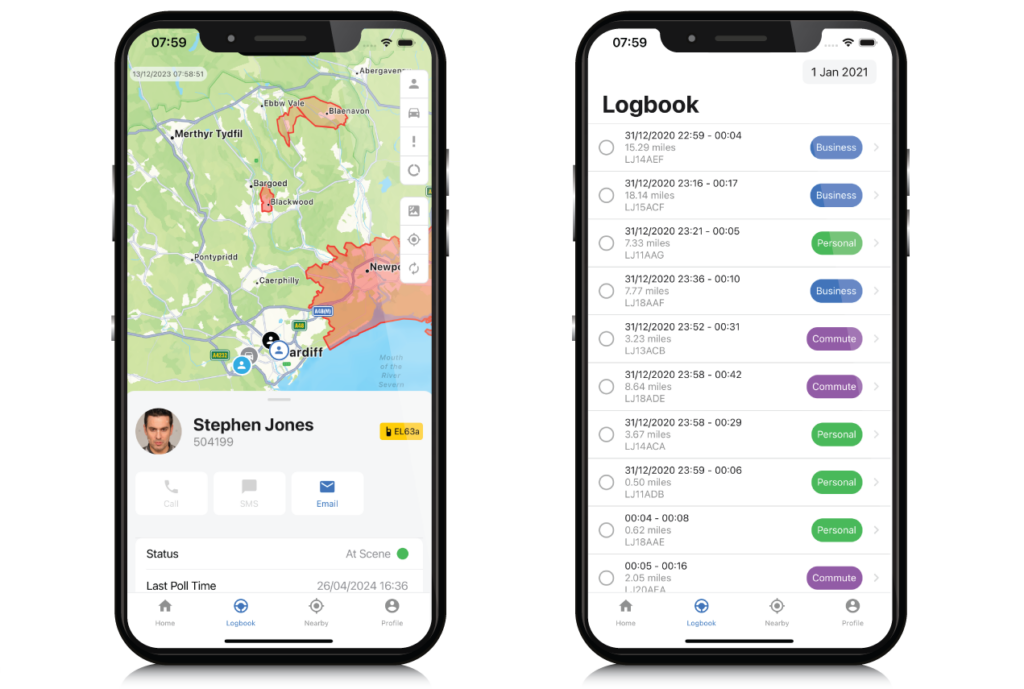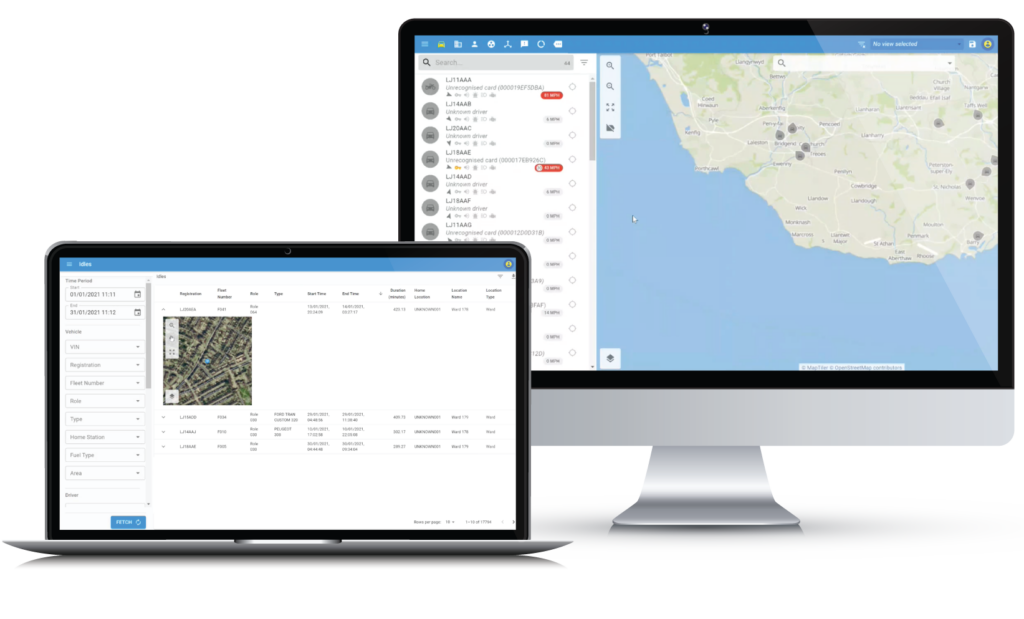What Emergency Fleets Can Learn from the Olympics
1 August 2024
The Olympics showcases not only the pinnacle of human physical prowess but also the importance of coordination, preparation, and cutting-edge technology. While it might seem that the worlds of emergency service fleets and Olympic sports are far apart, there are numerous lessons that emergency services can draw from the precision and efficiency demonstrated in Olympic events. By leveraging telematics and mobile apps, emergency service fleets can enhance their performance, much like Olympians optimise their training and competition strategies.
Precision and Data-Driven Decisions
In the Olympics, success is often determined by fractions of a second. Athletes rely heavily on precise data to fine-tune their performance. Similarly, emergency service fleets can benefit from the precise data provided by telematics. Telematics systems collect and analyse data on vehicle location, speed, engine performance, and driver behaviour in real-time. This data can be used to make informed decisions about fleet operations, much like athletes use performance data to adjust their training regimens.
Optimising Routes and Reducing Response Times
Just as an Olympic coach would use data to develop the best training programme for an athlete, emergency service managers can use telematics to optimise routes and reduce response times. By analysing traffic patterns and historical data, telematics systems can suggest the fastest and most efficient routes for emergency vehicles. This optimisation not only reduces response times but also minimises fuel consumption and wear and tear on vehicles, leading to cost savings and improved fleet longevity.


Enhancing Driver Safety
In the high-stakes world of emergency response, driver safety is paramount. Telematics can play a crucial role in identifying risky behaviours and providing corrective actions. For example, if a driver frequently exceeds speed limits or engages in harsh braking, the system can flag these behaviours and provide coaching through a mobile app. This proactive approach to safety mirrors the way athletes use data to prevent injuries and improve their form.
Coordination and Communication
The Olympics involve seamless coordination among athletes, coaches, and support staff, often across multiple locations and time zones. Emergency service fleets similarly require effective communication and coordination. Mobile apps can facilitate real-time communication between dispatch centres and field personnel, ensuring that everyone is on the same page. Features like instant messaging, push notifications, and live tracking can significantly enhance operational efficiency.
Real-Time Incident Management
During an emergency, the ability to manage incidents in real-time is critical. Mobile apps can provide a platform for incident management, allowing dispatchers to assign tasks, monitor progress, and reallocate resources as needed. This dynamic approach to incident management ensures that emergency services can respond swiftly and effectively, much like how Olympic teams adapt their strategies in the heat of competition.
Maintenance and Resource Management
Olympic athletes rely on a well-maintained support system, from their equipment to their nutrition and medical care. Similarly, emergency service fleets must ensure that their vehicles and equipment are in top condition. Telematics systems can monitor vehicle health and provide alerts for maintenance needs. Predictive maintenance, based on data trends, can prevent breakdowns and ensure that vehicles are always ready for action.


Efficient Resource Allocation
Telematics can also help in resource allocation by providing insights into vehicle utilisation and availability. For example, if certain vehicles are underutilised, they can be redeployed to areas with higher demand. This efficient allocation of resources mirrors how Olympic teams allocate their best athletes and resources to maximise their medal potential.
Sustainability and Environmental Impact
The Olympics increasingly emphasise sustainability, with efforts to reduce the environmental impact of the games. Emergency service fleets can also benefit from a focus on sustainability. Telematics can track fuel consumption and emissions, providing data that can be used to implement eco-friendly practices. For instance, idling alerts can reduce unnecessary fuel usage, and optimised routing can minimise emissions. These efforts contribute to a greener, more sustainable fleet operation.
The Olympics demonstrate the power of data, coordination, and continuous improvement. Emergency service fleets can learn valuable lessons from this global event, particularly in the use of telematics and mobile apps to enhance performance. By embracing these technologies, emergency services can optimise their operations, improve driver safety, and ensure efficient resource management. Just as athletes strive for gold, emergency service fleets can achieve excellence by leveraging the tools and strategies inspired by the Olympic spirit.
Want more information?
Get in touch today to find out how to deliver an exceptional police force.
Contact Us